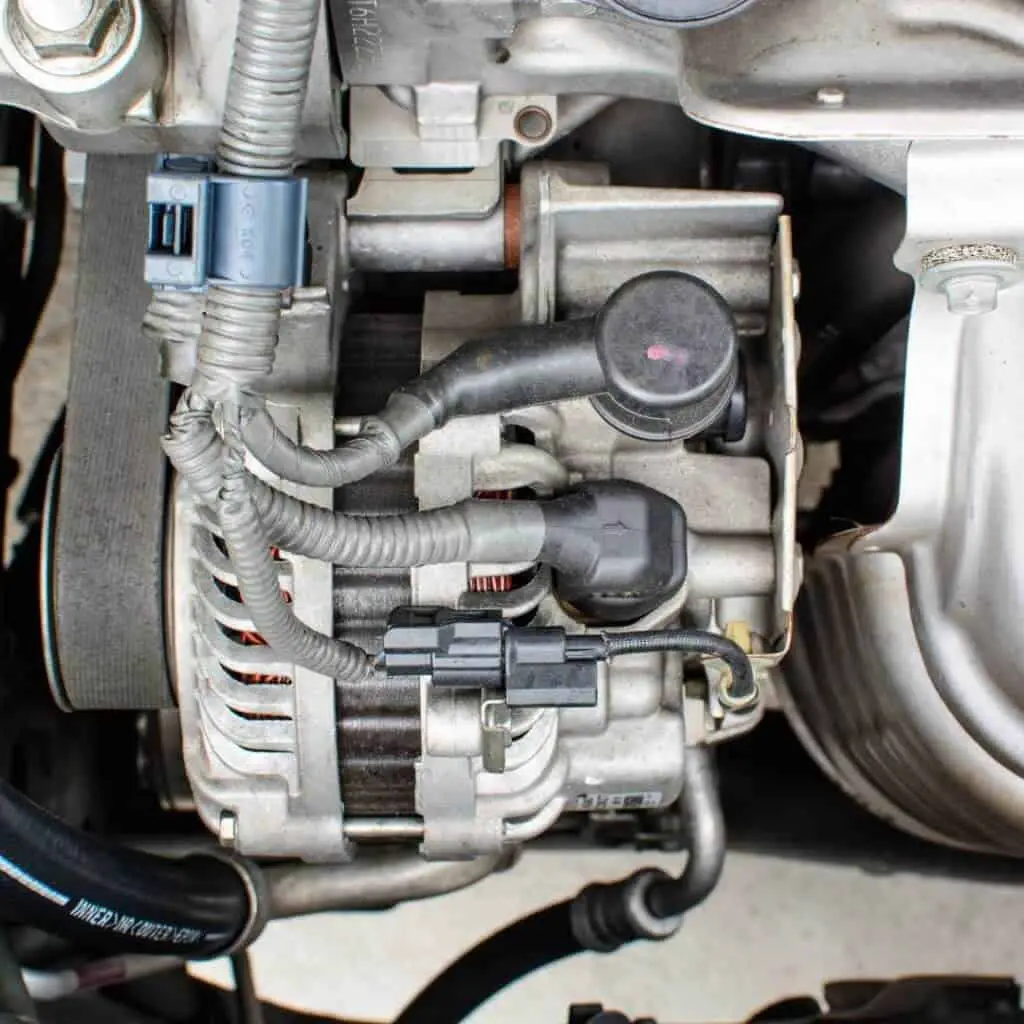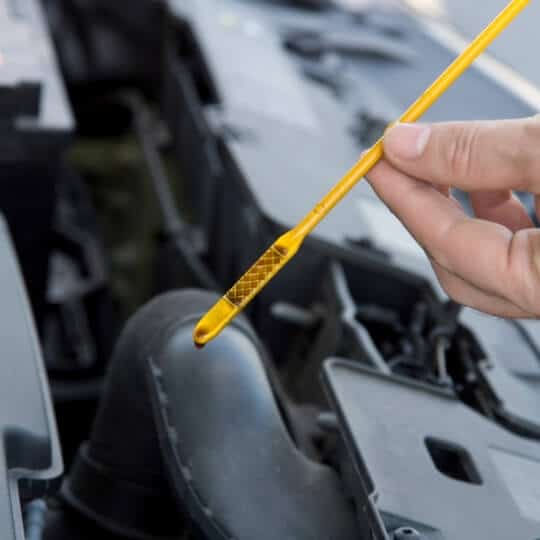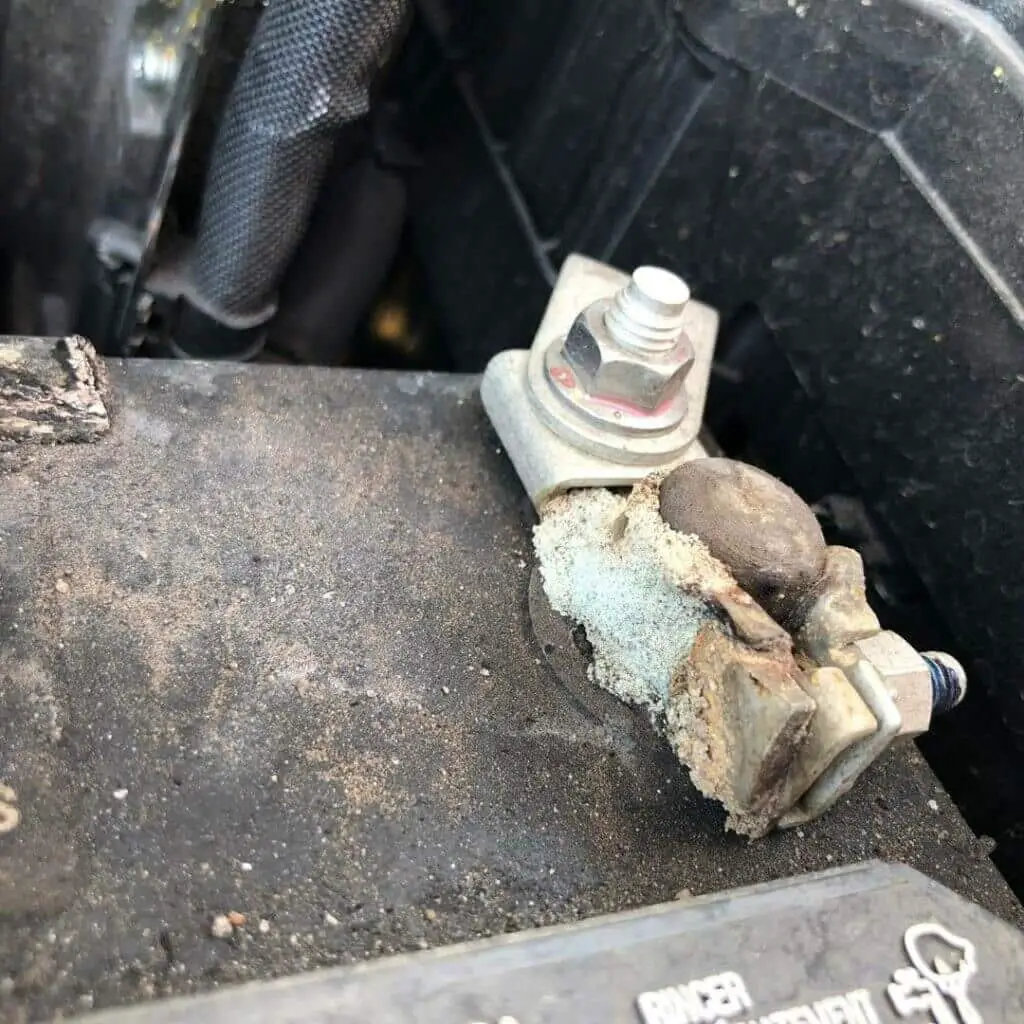How long does oil last in a car when not driven?
The car’s oil is important for the function of its components. As friction is a constant problem for these components, the lubricating function of oil is extremely important. Failing to supply the car with proper lubrication hampers the vehicle. As oil sits in our car, it loses potency, which is why it’s good to know how long does oil last in a car when not driven.
How long does oil last in a car when not driven?

No matter if you are driving a car actively or not, oil changes should be done every year. By doing this you will prevent bigger engine problems.
After a certain amount of time, the oil will start breaking down. The oil acts with compounds around it when left alone for too long. The general heat of sitting in the car will also affect the car, breaking it down even further.
The time oil takes to break down differs greatly. How the car is stored, the conditions of the storage area and the amount of oil present all affect the required time.
However, a few months is bound to make the oil break down too much to be useful.
Of course, the type of oil we use will also affect how fast it degrades. Conventional and synthetic oil doesn’t last the same in the car’s circulation either, first breaking down after 5,000 miles while the other oil type lasts for 10,000 miles, so it makes sense that one degrades slower than the other. [1]
Storing a car for a few months with either will hamper its functionality but conventional oil is bound to degrade faster. Especially if your car is stored in a place where more compounds for the car to react with are available.
Sources of degradation
There are multiple sources of oil degradation we can encounter when leaving the car unused. Some are harder to isolate from than others, but reducing the impact of outside factors on our cars as much as possible is smart. Preserving oil that would otherwise quickly deteriorate is equally as fruitful.
- Oxidation
The first and foremost reason degradation happens is oxidation. The cause for oxidation is oil interacting with air, which contains oxygen in it. Oxidation is a common reaction that lubricants like oil experience. The process of oxidation changes the consistency of the lubricant, changing its viscosity.
Oxidation can also result in varnish, sludge, base oil breakdown, and many more issues. It’s very hard to prevent this way of oil degradation, but if it’s the only source of degradation our oil can endure it longer. [2]
- Thermal breakdown
Oil will get heavily affected by temperature. It’s meant to be kept under optimal conditions and never exposed to consistent heat. However, if the vehicle is stashed in a location that is hotter than recommended stable temperature, we will experience a thermal breakdown.
For every 18 degrees F, the oil’s lifespan is halved. The hotter your storage area is, the less time your oil has before fully breaking down. This issue can be made exponentially worse during summer months when cooler storage is harder to come by.
To avoid significantly fast degradation of oil, keep the car in a cool location. It’s paramount to maintain the health of your oil.
- Contamination
Oil is generally doing a much better job when there is no contamination in it. Even a bit of water or debris can deteriorate its functionality swiftly. The process of oxidation is already a type of contamination, though an indirect one, so adding more issues to the plate isn’t recommended.
To avoid contamination, make sure the container your oil is sealed in is tightly shut. The oil can be contaminated before being poured into a car and degrading fast afterward. Water is the most common threat, considering how easy it is for oil to mix with it.
If you keep your oil in a damp location such as a basement, this issue is more likely to occur. Confirm your oil is properly stashed and closed, or the entire container will start degrading before even being put in the car.
Proper storage of a car
Proper storage is key to maintaining the health of a car. Especially if you aim to keep it out of commission for a long amount of time. Therefore, there are a few steps you should know about. These will not only secure your oil but the entirety of the car.
- Cover the car
One of the most damaging parts of long storage is moisture. It can damage the paint on our car and creep its way into other components. This includes our oil, which will start to negatively react with the presence of moisture. Though it’s more useful as the prevention of other damage, it will lessen the effects of degradation too.
The car should be covered with a more breathable fabric. Fabric that’s too tight on the car can cause problems for the exterior of the car. It hampers the general health of the vehicle, so it’s smart to check which cover you should buy. [3]
- Clean the car
Clean the exterior and interior of the car. This will help you maintain the car’s appearance as much as possible. Anything that might deteriorate while left inside for a long period of time could be dangerous to the rest of the vehicle. Food can grow mold which can damage the interior, water will result in moisture, and so on.
The exterior is also important to clean. Keeping it safe from any debris that may still be on the car. This debris can be harmful if left on the car when it’s stored. Slowly working its way on damaging the pain and chassis of the vehicle.
- Elevate the car and plug the exhaust
If possible, use some form of jack stands to keep the tires from going flat from consistent pressure. Additionally, elevating a car can help us keep more of the moisture away. However, there is one more benefit.
Elevating a car can help us keep pests away as they are less likely to get to our vehicle. This can be further secured by clogging the exhaust outlet. Generally, this is done with a rag and some aluminum foil. You should close any other openings too, it prevents both critters and outside factors from affecting the car.
Of course, you should keep the rest of the car safe too. When a car is elevated, we need to make sure that it is firmly held in place. The loose elevation could cause issues especially if any of the wheels slips off. The dangers this can incur are plentiful, so being careful with this type of protection is paramount.
Changing car’s oil
One of the main ways of maintaining our car is changing its oil. An oil change is an extremely important action to take if we want to keep our car healthy for a long period of time. Numerous problems arise if this isn’t consistently performed.
The lubrication of the car can quickly suffer in these conditions and lead to excess friction between components. As the problems advance, entire components can break under the constant wear from friction.
Related: Will The Wrong Oil Damage My Engine
When do I change the oil?
The oil in a car needs to be changed every 5,000 to 7,500 miles. Even if you don’t cross that many miles, the car should have its oil changed at least twice a year. Check the oil level every month with a dipstick too, it will tell you when an oil change should be done. [4]
How long does oil last in a car when not driven?
As noted before, a car’s oil can last for a few months when not driven.
However, it’s generally suggested that you change the oil before stashing your car away. This is fruitful for the general health of the vehicle as old oil could become troublesome to clean later. Fresh oil may degrade but it will have a longer lifespan than the old one.
With that in mind, pour synthetic oil into the car too. It will last longer and make the vehicle troubled less by the degradation of oil. Not to mention how said oil may stay functional if we retire the car for a shorter amount of time than it would usually take for it to degrade.
Degraded car oil issues
Wear and tear on unlubricated parts is easily the biggest problem caused by oil that has degraded. Timing chains and brakes are most likely to suffer from this issue, should it occur. Of course, that doesn’t mean the issues can’t spread further.
The oil could also end up mucking up the oil pan, requiring a proper cleaning of this component. Be careful about not letting the oil degrade too much which would help us keep the car safe. [5]
Read Also: How Long Can You Run Car With Too Much Oil
Conclusion
With the months passing, the oil in our car will start to degrade. When the vehicle is not used, the oil gets to passively deteriorate until its lubricating traits are lessened.
With the general downsides of this effect, it pays to protect our car when storing it. Additionally, tracking how much time has passed since we used the car is also a good idea. Allowing us to maintain the health of our car properly.




